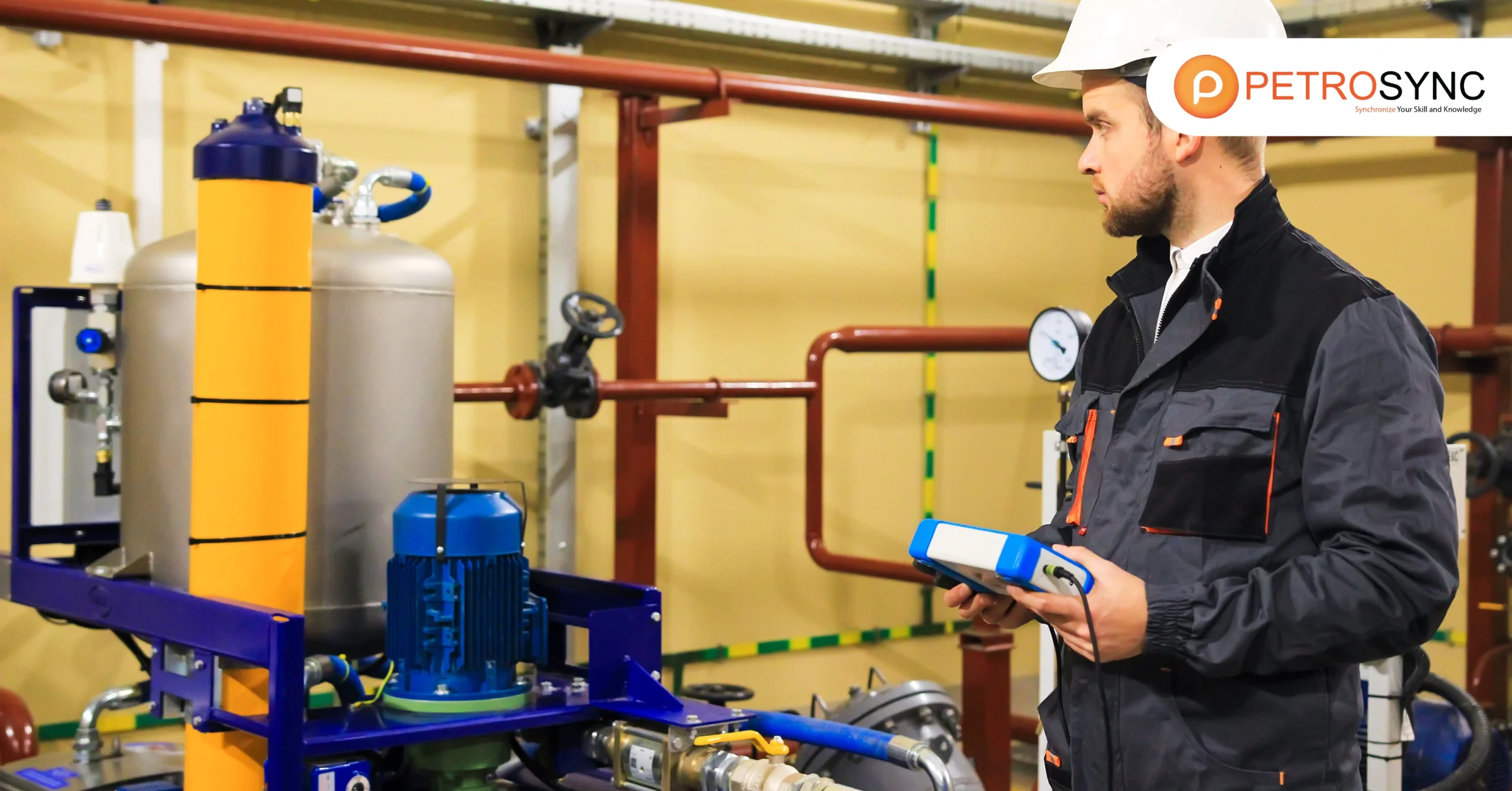The Certified Reliability Engineer (CRE) certification is a distinguished credential designed for professionals seeking expertise in ensuring the dependability and performance of products, services, and systems. Offered by the American Society for Quality (ASQ), this certification signifies a high level of proficiency in reliability engineering principles and practices.
What is CRE Certification?
CRE Certification, short for Certified Reliability Engineer Certification, is a professional credential that individuals can obtain to demonstrate their expertise in both developing and ensuring the quality of products, services, and systems.
CRE certification is particularly important in industries where reliability is crucial, such as manufacturing and engineering. Those who earn CRE Certification have undergone specialized training and have proven their ability to enhance the reliability and performance of various elements within their respective fields.
Who Offers The CRE Certification?
The CRE Certification is offered by the American Society for Quality (ASQ). ASQ is a professional association that focuses on promoting and advancing quality practices in various industries. They provide the Certified Reliability Engineer Certification as a recognized credential for individuals who specialize in ensuring the reliability and quality of products, services, and systems.
How Long Is The CRE Exam?
The CRE exam, with a total appointment time of approximately five hours, and the exam time typically spans a duration of 4 hours and 18 minutes. This examination assesses the knowledge and proficiency of individuals seeking Certified Reliability Engineer Certification. It consists of multiple-choice questions designed to evaluate the candidate’s understanding of reliability engineering principles and practices.
What Is The Success Rate of the CREof CRE Exam?
The success rate of the CRE exam, indicating the percentage of individuals who pass, can vary. The pass rate is influenced by factors such as individual preparation, experience, and the specific examination period. Generally, candidates who thoroughly prepare and have a solid understanding of reliability engineering principles tend to have a higher likelihood of success.
It is worth noting that the success rates for CRE Certification in recent years provide additional context. In 2020, the success rate was 59%, followed by an increase to 67% in 2021. However, in 2022, the success rate of CRE Certification returned to 58%. These figures highlight the fluctuating nature of success rates, emphasizing the importance of diligent preparation for candidates aspiring to obtain Certified Reliability Engineer Certification.
How Much Should I Pay For The CRE Certification?
|
Certified Reliability Engineer Certification |
||
| Participants | Initial |
Retakes |
| Member of ASQ | USD 433 | USD 333 |
| Non-Member of ASQ | USD 533 | USD 333 |
ASQ members can benefit from a $100 discount on the initial examination fee, providing them with cost savings. It isit is important to consider these fees when planning to pursue Certified Reliability Engineer Certification.
How Do I Sign Up for The CRE Certification?
To enroll for the CRE Certification, follow these steps
1. Understand Certification Details
Before applying, it is recommended to carefully go through the Reliability Engineer Certification Brochure and Fact Sheet. You can download these documents using the following links
2. Submit Your Application
The application review typically takes 1-2 business days for online submissions and 3-5 days for hardcopy submissions.
3. Review by ASQ
After ASQ completes the review, you will either receive an approval email or a “hold” message requesting additional information for approval. If it is found that you don’t meet exam requirements, you will receive a refund with a $130 processing fee.
4. Testing Options
- Computer-Based Testing (CBT)
Within 1-2 business days post-approval, you will get an eligibility email with instructions on scheduling your exam through Prometric, the testing provider.
- Paper-Based Testing (PBT)
If you have chosen a Paper-based or translated exam, you won’t receive an eligibility email. Instead, you will receive a seating letter with your exam details about 2 weeks before the exam.
5. Schedule Your Exam with Prometric
Use the instructions provided in the eligibility email to schedule your exam appointment during the testing window you selected during the application.
By following these steps, you will navigate the CRE Certification application process effectively. These detailed instructions aim to provide clarity and ensure a well-organized approach to obtaining your certification.
What Is The Difference between CMRP and CRE?
The primary distinction between CRE and CMRP certification certifications is in their focus areas. The CMRP is suitable for individuals already deeply engaged in equipment maintenance, aiming for increased responsibility in that domain. In contrast, the CRE exam concentrates on the skills essential for ensuring reliability in product and manufacturing processes.
CRE certification signifies expertise in strategies to enhance and maintain reliability throughout various engineering aspects, offering a specialized focus within the broader field of reliability and maintenance.
In short, CMRP is more about maintenance and overall reliability practices, and CRE is tailored for individuals concentrating on the engineering aspects of reliability in products and systems. The choice between the two certifications depends on one’s career focus and specialization within the broader field of reliability and maintenance.
How To Pass The CRE Exam?
To increase your chances of passing the CRE (Certified Reliability Engineer) exam, consider the following strategies
1. Thoroughly Understand Exam Content
Review the exam syllabus and content thoroughly. Make sure you have a solid understanding of the key concepts and topics that will be covered. You can enrich yourself with “The Certified Reliability Engineer Handbook, The Third Eedition” by Mark Allen Durivage to gain more context and insights into the material.
2. Effective Study Plan
Develop a structured study plan. Allocate sufficient time to cover all exam domains, focusing on your weaker areas. Consistent, focused study sessions are more effective than cramming.
3. Use Official Study Materials
Utilize official study materials provided by the certification body. ASQ offers a compilation of resources like books, standards, articles, and online courses that address the subjects covered in the exam. Additionally, you can access sample questions and their solutions on the ASQ website. These resources are designed to align with the exam content and offer reliable information.
4. Practice with Sample Questions
Practice with sample questions and past exam papers. This helps you familiarize yourself with the exam format and enhances your problem-solving skills.
5. Hands-On Experience
Apply theoretical knowledge in real-world scenarios. If possible, gain hands-on experience in reliability engineering practices to reinforce your understanding.
6. Review and Revise
Regularly review and revise the material. Repetition is crucial for retention, and reviewing regularly helps reinforce what you’ve learned.
7. Time Management during the Exam
Practice time management during your study sessions and simulated exams. This will help you pace yourself effectively during the actual exam.
8. Understand Exam Format
Familiarize yourself with the exam format, including the type of questions and the allotted time. Understanding the format will reduce anxiety on exam day.
9. Take CRE Training
Enroll in CRE training led by an experienced instructor who is CRE certified. This provides valuable insights, practical tips, and the opportunity to ask questions, enhancing your overall preparation.
By adopting these strategies, you can enhance your preparation for the CRE exam and increase your likelihood of success. Remember to stay disciplined in your study routine and stay confident in your abilities.
In conclusion, pursuing the Certified Reliability Engineer (CRE) certification is a valuable step toward demonstrating expertise in ensuring the reliability of products, services, and systems. Thorough preparation before applying is essential, as it allows you to comprehensively understand the exam content, identify weaker areas, and adopt effective study strategies.
Enriching your knowledge with resources like “The Certified Reliability Engineer Handbook, Third Edition” provides valuable context, and participating in CRE training led by experienced instructors further enhances your readiness for success.
For an optimal preparation experience, consider taking the CRE training through PetroSync, an organization equipped with highly relevant materials and resources. PetroSync’s courses, led by certified and experienced instructors, offer a structured and comprehensive approach to CRE preparation.
Engaging in such training not only provides you with practical insights and tips but also ensures that you are well-equipped with the necessary skills and knowledge to excel in the CRE exam. Invest in your professional development by taking advantage of the resources and expertise provided by PetroSync to maximize your chances of achieving CRE certification successfully.
Credit: Freepik

SEO specialist by day, fact-checker by night. An avid reader and content writer dedicated to delivering accurate and engaging articles through research and credible sources.






